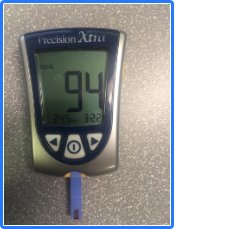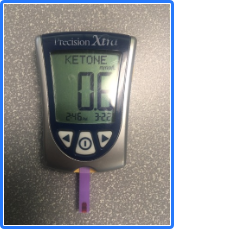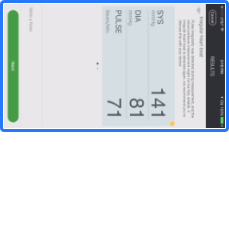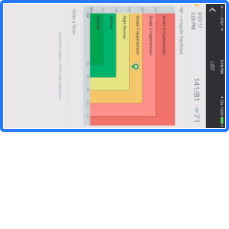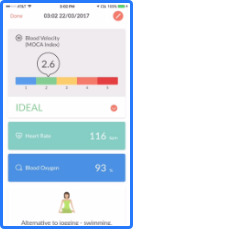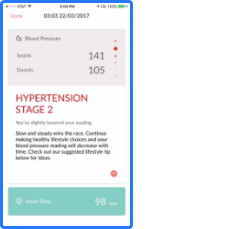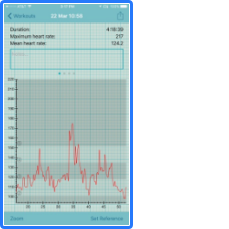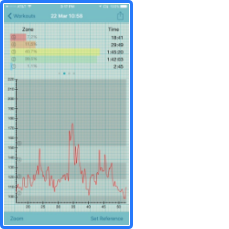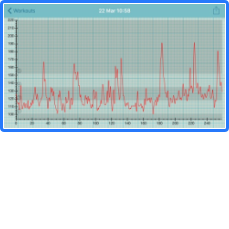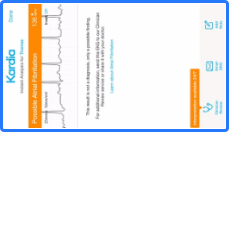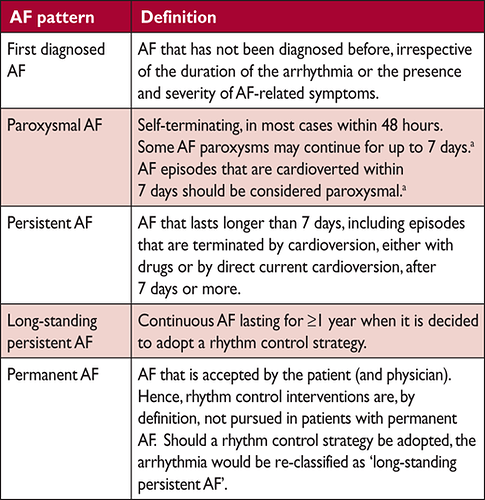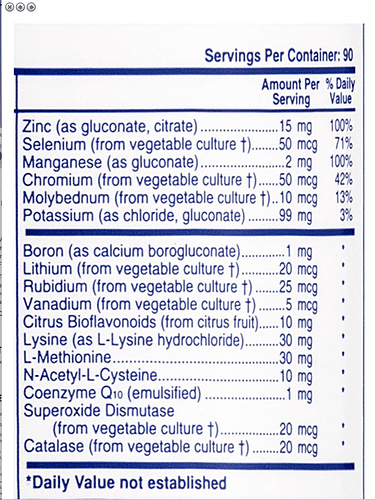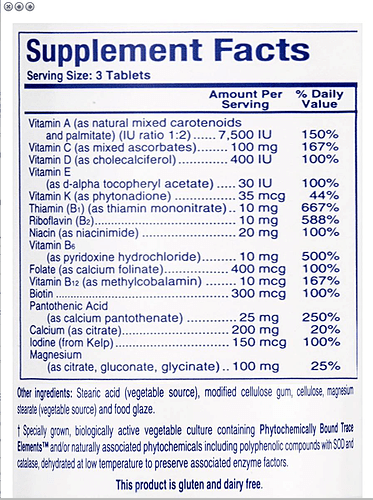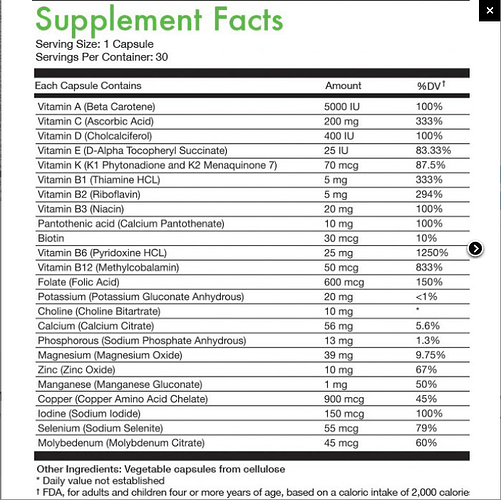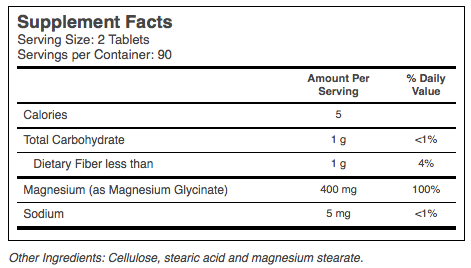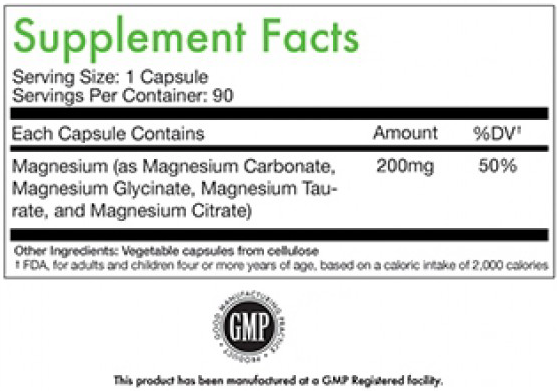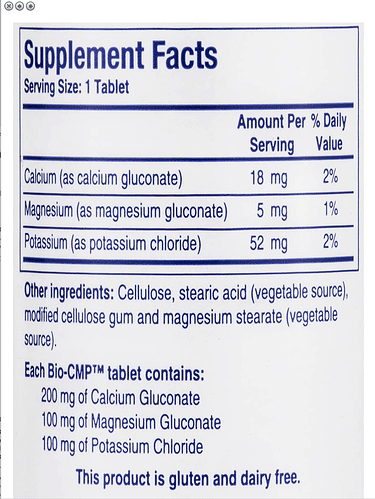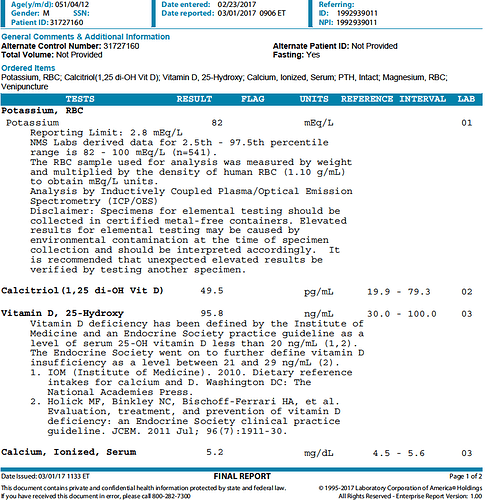In the past, I’ve done many extended fasts, but most without a specific purpose. Most of my fasting was done out of a sense of curiosity and learning. And, I can honestly say that I learned much about myself during my hours and days of fasting in 2016.
As many of you know, I contracted viral pneumonia at the end of December, 2016 and ended up with an Atrial Fibrillation. In the past 2 months, I’ve had many blood tests done, been “shocked” back to normal (briefly) using a procedure called a Cardioversion, and have learned more than I care too about the cardiovascular system. From the standpoint of good news, I have no pain in my condition, but I tire more easily, and have an elevated risk for having a stroke. The condition also can be depressing at times because I no long get to take the long bicycle rides that I love.
I’ve spent the last 2 months collecting all sorts of base line data, and gaining an entirely new perspective about my health; a new paradigm. As an example, my condition causes me to pee all the time, which can be taxing for electrolytes. Fasting is more difficult because I’m hungry now; something I never dealt with before. But, I’ve continued to gather the data. And, I’ve done a ton of research (of the online reading kind) as I’ve had the time. My condition continues to slowly improve, but is no where near perfect.
But, I’m ready to fast again. I’ve done lots of reading about the impact of various herbs and supplements on my condition. I’ve also researched fasting with my condition. And, I’m ready to collect data again.
So, I started another fast at 8:00 PM last night, and started a new revised spreadsheet. I don’t know how long this fast will go but I’m aiming for 21 days.
I will be collecting data with the following devices during this fast:
QuardioArm - https://www.getqardio.com/qardioarm-blood-pressure-monitor-iphone-android/
MocaHeart - https://www.mocacare.com/mocaheart/
MocaCuff - https://www.mocacare.com/mocacuff/
AliveCor Kardia - https://www.alivecor.com/
Wahoo TICKR - http://www.wahoofitness.com/devices/heart-rate-monitors
My goal for this fast is to improve the condition for my A-fib, so I’ll be closely monitoring my EKG’s, blood pressure, heart rate, etc. and the spreadsheet has been modified to include this data. I’ll be posting the data as I get time, along with screen snapshots, spreadsheet data, etc. Hopefully, what I learn will benefit me and others.
NOTE: I will be taking vitamins, supplements and consuming dietary protein during this fast, as I have to for my condition. I realize this may bother many of you that will say that I’m not fasting. I just want to be clear that I’m not interested in how you define fasting, etc. I realize that many of you define a water fast, as the only kind of true fast. I’m not interested in debating the topic with any of you, nor do I care to. I simply don’t have time for your semantics in my life now. As in the past, I’m fasting to get my life back, to increase the joy in my journey, and to learn. My time every day is limited as I need more sleep now, and I won’t spend my time arguing with you about the term “fast” so that you can feel better about how much smarter you are than me. I’ll concede the victory now; this is not a water fast. I am aiming to get as much benefit from fasting while providing base level nutrients and electrolytes to maximize my health given my condition. If you can’t be civil, don’t follow my progress.
ANOTHER NOTE: Many of you are probably thinking that my fasting is risky. As with anything in life, there are many risks. I have done hours of reading on my condition, tested various supplements, sleeping and exercise patterns on myself, to get where I am at now. I realize there is risk with any fast, but I have measured the risks, and feel the potential benefits outweigh any risks. Please don’t try to convince me that I shouldn’t be doing this. If this is your aim, please move along now. I can assure you, as will my wife, that I am a very risk adverse person, even though many may think I take lots of risks. I do take risks, but they are measured risks. Here again, if you can’t be civil, please just move along.
FINAL NOTE: I like all of you (well, except for one of you). While the above may seem hostile, I’m simply trying to save time down the road. When you’ve spent your last couple of months trying to capture every heart beat, and to learn from each moment, you realize that you simply don’t have time to argue with people that can’t relate. So, I’m not trying to be a jerk; I simply trying to provide a non-cluttered location where I can log my fast, my protocol, and discuss it with other people that want to learn from it. I appreciate the learning and education that I’ve gained in the Facebook groups, and this forum, but this thread is NOT the place for you too teach others about how smart you are. So, if you are that one person; please move along. If not, I welcome each of you to ask questions and make suggestions and contributions. I’m pretty open to trying different things, explaining in more detail why I’m doing specific things, etc. I’m not a mean guy; I just don’t have time to argue with you.
So, please be well, and if you are interested, feel free to follow my journey over the next 21 days and beyond.

